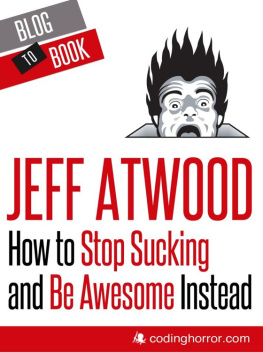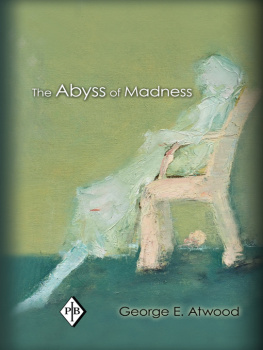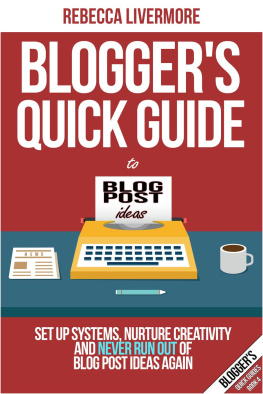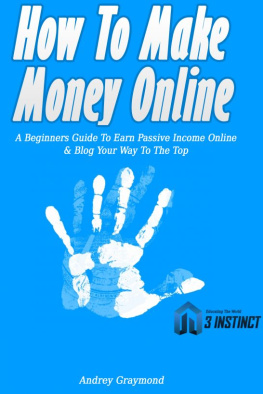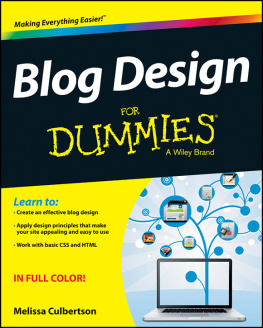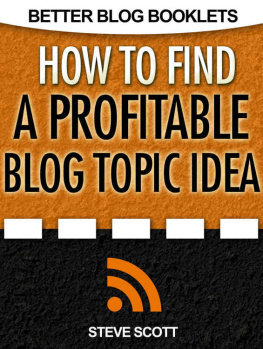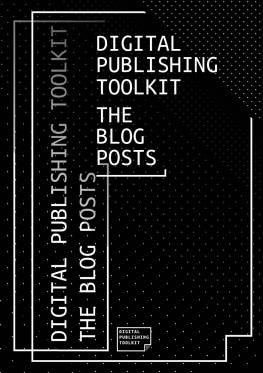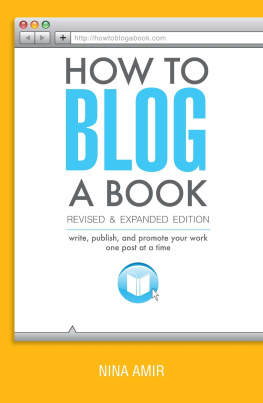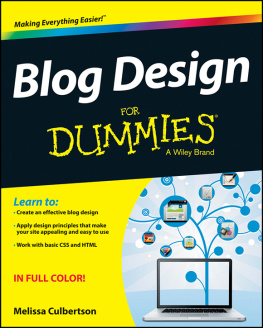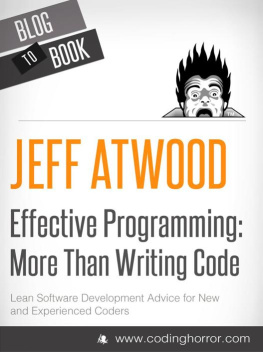Table of Contents
I.
How to Suck Less
Todont
What do you need to do today? Other than read this blog entry, I mean.
Have you ever noticed that a huge percentage of Lifehacker -like productivity porn site content is a breathless description of the details of Yet Another To-Do Application ? There are dozens upon dozens of the things to choose from, on any platform you can name. At this point it's getting a little ridiculous; per Lifehacker's Law , you'd need a to-do app just to keep track of all the freaking to-do apps.

I've tried to maintain to-do lists at various points in my life. And I've always failed. Utterly and completely. Even turning it into a game, like the cleverly constructed Epic Win app , didn't work for me.

Watch: EpicWin: Pre-Release Trailer
Eventually I realized that the problem wasn't me. All my to-do lists started out as innocuous tools to assist me in my life, but slowly transformed, each and every time, into thankless, soul-draining exercises in reductionism. My to-do list was killing me . Adam Wozniak nails it:
- Lists give the illusion of progress.
- Lists give the illusion of accomplishment.
- Lists make you feel guilty for not achieving these things.
- Lists make you feel guilty for continually delaying certain items.
- Lists make you feel guilty for not doing things you don't want to be doing anyway.
- Lists make you prioritize the wrong things.
- Lists are inefficient. (Think of what you could be doing with all the time you spend maintaining your lists!)
- Lists suck the enjoyment out of activities, making most things feel like an obligation.
- Lists don't actually make you more organized long term.
- Lists can close you off to spontaneity and exploration of things you didn't plan for. (Let's face it, it's impossible to really plan some things in life.)
For the things in my life that actually mattered, I've never needed any to-do list to tell me to do them. If I did, then that'd be awfully strong evidence that I have some serious life problems to face before considering the rather trivial matter of which to-do lifehack fits my personality best. As for the things that didn't matter in my life, well, those just tended to pile up endlessly in the old to-do list. And the collective psychic weight of all these minor undone tasks were caught up in my ever-growing to-do katamari ball, where they continually weighed on me, day after day.
Yes, there's that ever-present giant to-do list, hanging right there over your head like a guillotine, growing sharper and heavier every day .
Like a crazy hoarder I mistake the root cause of my growing mountain of incomplete work. The hoarder thinks he has a storage problem when he really has a 'throwing things away problem'. I say I am 'time poor' as if the problem is that poor me is given only 24 hours in a day. It's more accurate to say what exactly? It seems crazy for a crazy person to use his own crazy reasoning to diagnose his own crazy condition. Maybe I too easily add new projects to my list, or I am too reluctant to exit from unsuccessful projects. Perhaps I am too reluctant to let a task go, to ship what I've done. They're never perfect, never good enough.
And I know I'm not alone in making the easy claim that I am 'time poor'. So many people claim to be time poor, when really we are poor at prioritizing, or poor at decisiveness, or don't know how to say 'no' (to other people, to our own ideas).
If only I had a hidden store of time, or if only I had magical organisation tools, or if only I could improve my productive throughput, then, only then would I be able to get things done, to consolidate the growing backlogs and todo lists into one clear line of work, and plough through it like an arctic ice breaker carving its way through a sheet of ice.
But are you using the right guillotine? Maybe it'd work better if you tried this newer, shinier guillotine? I'd like to offer you some advice:
- There's only one, and exactly one, item anyone should ever need on their to-do list. Everything else is superfluous.
- You shouldn't have a to-do list in the first place.
- Declare to-do bankruptcy right now. Throw out your to-do list. It's hurting you.
- Yes, seriously.
- Maybe it is a little scary, but the right choices are always a little scary, so do it anyway.
- No, I wasn't kidding.
- Isn't Hall and Oates awesome? I know, rhetorical question. But still.
- Look, this is becoming counterproductive.
- Wait a second, did I just make a list?
Here's my challenge. If you can't wake up every day and, using your 100 percent original equipment, God-given organic brain, come up with the three most important things you need to do that day then you should seriously work on fixing that. I don't mean install another app, or read more productivity blogs and books. You have to figure out what's important to you and what motivates you; ask yourself why that stuff isn't gnawing at you enough to make you get it done. Fix that.
Tools will come and go, but your brain and your gut will be here with you for the rest of your life . Learn to trust them. And if you can't, do whatever it takes to train them until you can trust them. If it matters, if it really matters, you'll remember to do it. And if you don't, well, maybe you'll get to it one of these days. Or not. And that's cool too.
Today Is Goof Off at Work Day
When you're hired at Google, you only have to do the job you were hired for 80 percent of the time. The other 20 percent of the time, you can work on whatever you likeprovided it advances Google in some way. At least, that's the theory.
Google's 20 percent time policy is well known in software engineering circles by now. What's not as well known is that this concept dates all the way back to 1948 at 3M .
In 1974, 3M scientist Art Fry came up with a clever invention. He thought if he could apply an adhesive (dreamed up by colleague Spencer Silver several years earlier) to the back of a piece of paper, he could create the perfect bookmark, one that kept place in his church hymnal. He called it the Post-It Note. Fry came up with the now iconic product (he talks to the Smithsonian about it here ) during his "15 percent time," a program at 3M that allows employees to use a portion of their paid time to chase rainbows and hatch their own ideas. It might seem like a squishy employee benefit. But the time has actually produced many of the company's best-selling products and has set a precedent for some of the top technology companies of the day, like Google and Hewlett-Packard.
There's not much documentation on HP's version of this; when I do find mentions of it, it's always referred to as a "convention," not an explicit policy. Robert X. Cringely provides more detail :
Google didnt invent that: HP did. And the way the process was instituted at HP was quite formal in that the 10 percent time was after lunch on Fridays. Imagine what it must have been like on Friday afternoons in Palo Alto with every engineer working on some wild-ass idea. And the other part of the system was that those engineers had access to what they called lab storesanything needed to do the job, whether it was a microscope or a magnetron or a barrel of acetone could be taken without question on Friday afternoons from the HP warehouses. This enabled a flurry of innovation that produced some of HPs greatest products including those printers.
Maybe HP did invent this, since they've been around since 1939. Dave Raggett, for example, apparently played a major role in inventing HTML on his 10 percent time at HP.
Next page
